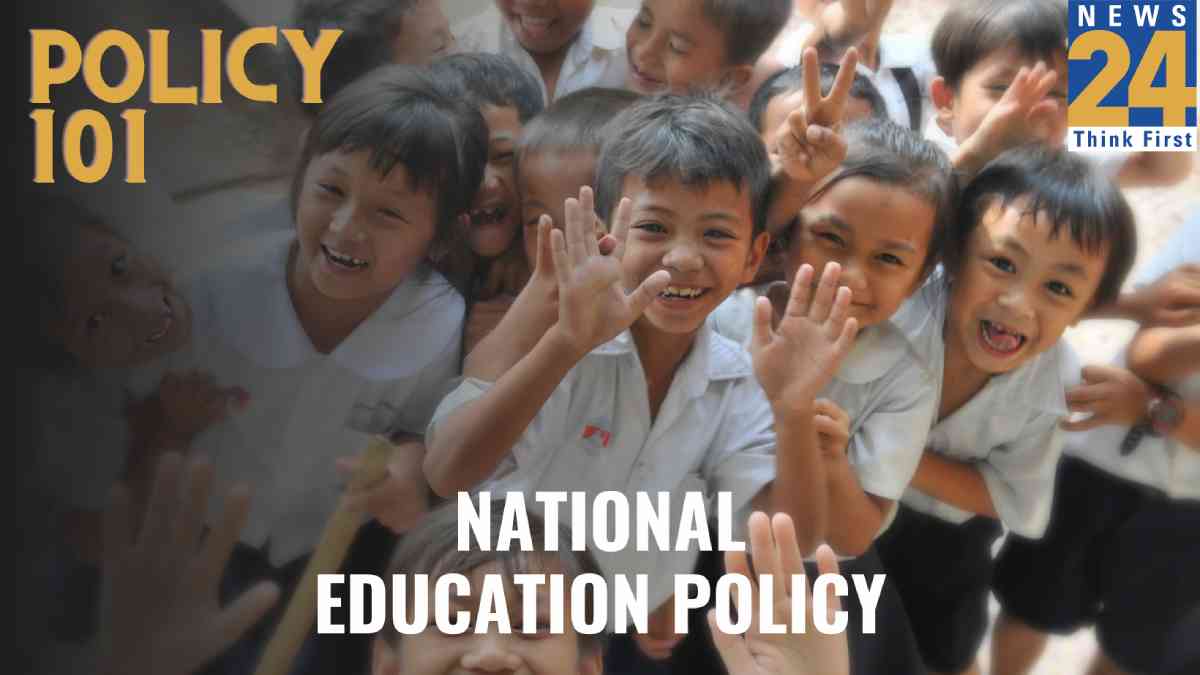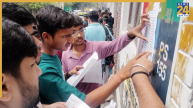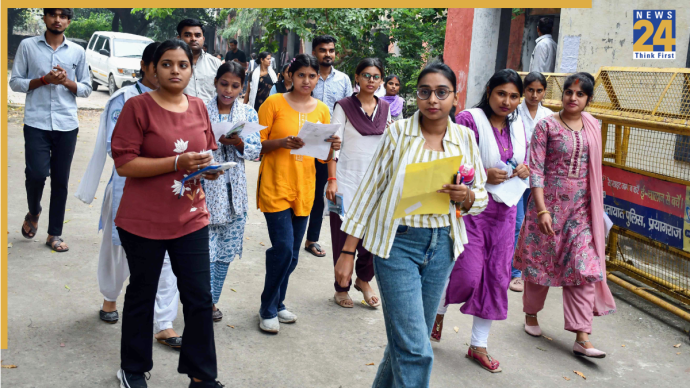On 29 July 2020, the Union Cabinet approved the National Education Policy (NEP) 2020, introducing radical changes to the Indian education system. The NEP 2020 succeeds the National Policy on Education, 1986 and intends to equip rural and urban children of 3 to 18 years of age with an education befitting the 21st century and its evolving needs. The new policy notably came at the heels of the COVID-19 pandemic, growing digitisation, and major shifts in education landscapes across the world. It is rooted in the five principles of access, equity, quality, affordability, and accountability, which also reflects India’s commitment to Goal 4 of the Sustainable Development Goals (SDGs), outlined in the 2030 Agenda for Sustainable Development.
Aims and Objectives
The NEP aims to promote universal access to education across all levels of schooling through an emphasis on Early Childhood Care and Education (ECCE), foundational literacy and numeracy (FNL), and curtailing dropouts. It also aims to increase the Gross Enrolment Rate (GER) in higher education to 50% by 2035, which stood at 27.3% in 2021. It recommends curricular and pedagogical interventions to make learning inclusive, multi-lingual, enjoyable, and value-oriented. Technology integration, assessment reform, and teacher empowerment are to play a vital role in these transformations that the policy envisions. Stronger schemes and policies for socially and economically disadvantaged groups and the establishment of a gender inclusion fund are further intended to create more equity and inclusivity in the education system. To these ends, the NEP recommends increasing public investment on education to 6% of the GDP, which was measured at 4.64% in 2020-21.
Implementation of New Education Policy 2020
At the school level, NEP has replaced the previous academic structure of 10+2 with a 5+3+3+4 system, and promotes high-quality education across all streams, disciplines, co-curricular and extracurricular activities, and academic and vocational training. The Department of School and Education Literacy (DoSE&L) has already aligned existing schemes like the Samagra Shiksha Scheme and the PM Poshan Shakti Nirman Yojna with the new policy. It also launched the National Initiative for Proficiency in Reading with Understanding and Numeracy (NIPUN Bharat), the National Curriculum Framework (NCF) for Foundational Stage, and an integrated teacher training programme known as the National Initiative for School Heads’ and Teachers’ Holistic Advancement (NISHTHA) 1.0, 2.0 and 3.0. These are supplemented by the promotion of digital education through initiatives such as the Digital Infrastructure for Knowledge Sharing (DIKSHA), National Digital Education Architecture (NDEAR), and PM- eVidya which allows access to online/on-air education.
Under NEP, Higher Education Institutes (HEI) have also been restructured to remedy previous complexities in university structuring and boost research and innovation. The establishment of Multidisciplinary Education and Research Universities (MERUs) and a National Research Foundation will further develop the country’s R&D landscape. To ensure greater access, affordability, and flexibility in higher education, HEIs are also increasingly leveraging technology with 1149 online and distance learning programmes being currently offered by 95 HEIs and 371 online programmes by 66 HEIs. Measures such as the National Credit Framework (NCrF) and Academic Bank of Credit (ABC) also provide channels for mobility and continuity in education which can also enhance skill-development and employment.
Also Read: Centre To Conduct Board Exams Twice A Year Under NEP’s New Curriculum
The Way Forward?
The decision to revamp and transform the Indian education system coincides with India’s growing economic presence and its intention to become a global knowledge superpower. That India’s immediate and future socio-economic interests depend on harnessing its demographic dividend makes the NEP an even more valuable intervention. A more skilled, adaptive, and agile workforce may certainly allow for benefits to be experienced at all levels of society. Going forward, however, the success of NEP 2020 will require capacity, clarity, and coordination, which can be ensured through inclusive and thorough consultations across implementation stages.












